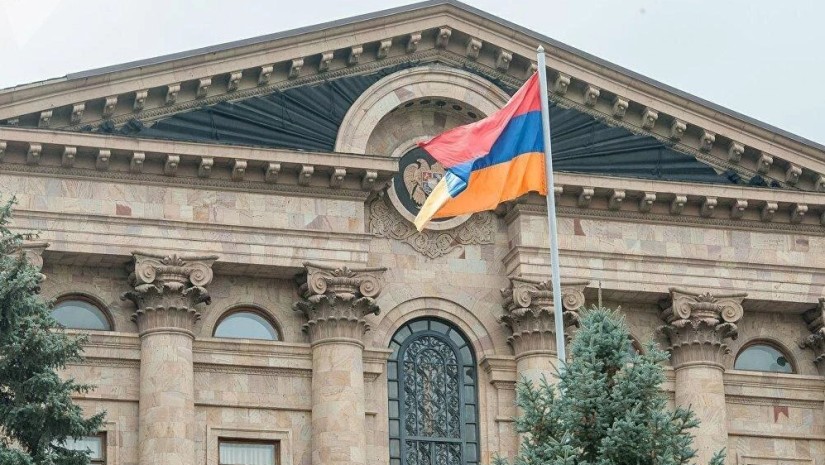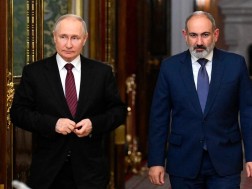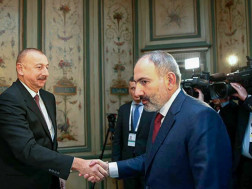By a vote of 60 to 22 the National Assembly of Armenia has ratified today the Rome Statute to join the International Criminal Court.
The ratification was opposed by the opposition lawmakers from Hayastan (Armenia) and Pativ Unem (I Have Honor) alliances.
Earlier, the Russian Foreign Ministry said that Armenia's ratification of the Rome Statute of the International Criminal Court (ICC) would have the most negative consequences for bilateral relations. Russian presidential spokesman Dmitry Peskov described Armenia's decision to ratify the Rome Statute as a "hostile move."
But according to the Armenian government, the ratification of this document would allow it to initiate legal proceedings against Azerbaijan (for war crimes committed in Nagorno-Karabakh and Armenia) at the ICC. The Rome Statute will enter into force 60 days after ratification.
Armenia signed the Rome Statute in 1998, but has not ratified it after the Constitutional Court in 2004 found that the treaty’s obligations contradicted several provisions of the Constitution in effect at the time.
In late 2022, the Armenian government asked the Constitutional Court to examine the constitutionality of the Rome Statute.
On March 24, Armenia’s Constitutional Court ruled that the country’s obligations under the Rome Statute of the International Criminal Court (ICC) comply with the Basic Law.
On March 17 of this year, the International Criminal Court issued an arrest warrant for ‘war crimes’ for Russian President Vladimir Putin and Maria Lvova-Belova, Russia’s commissioner for children’s rights, who according to an ICC statement ‘bear individual criminal responsibility for the abduction and deportation of Ukrainian children since Russia’s full-scale invasion began in February last year, ARKA reports.























